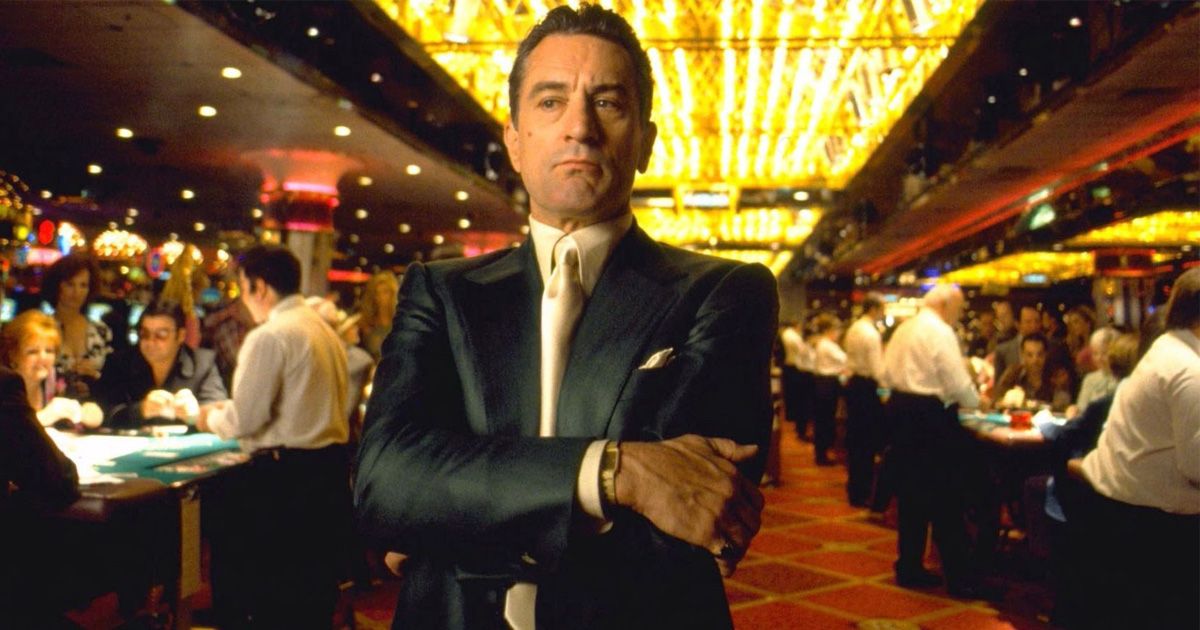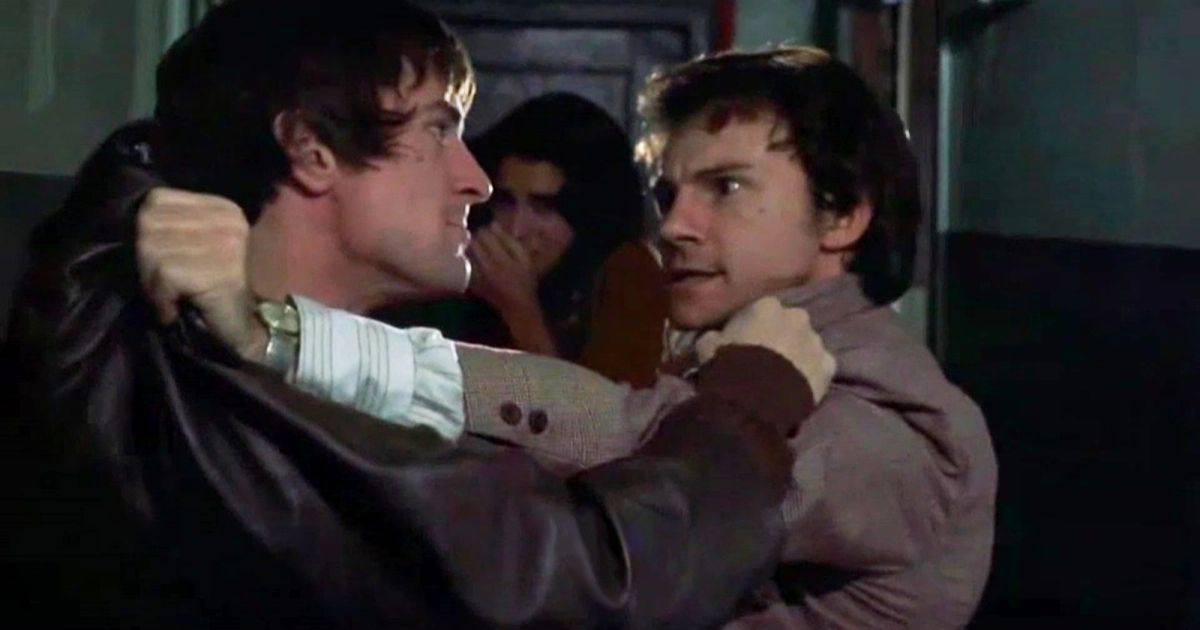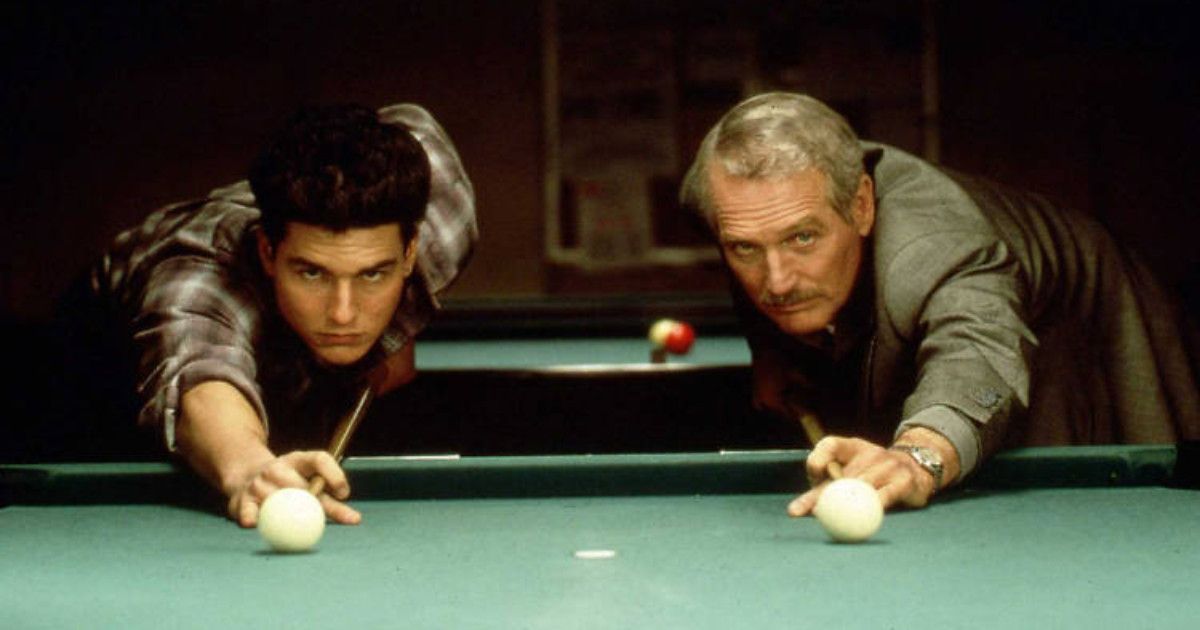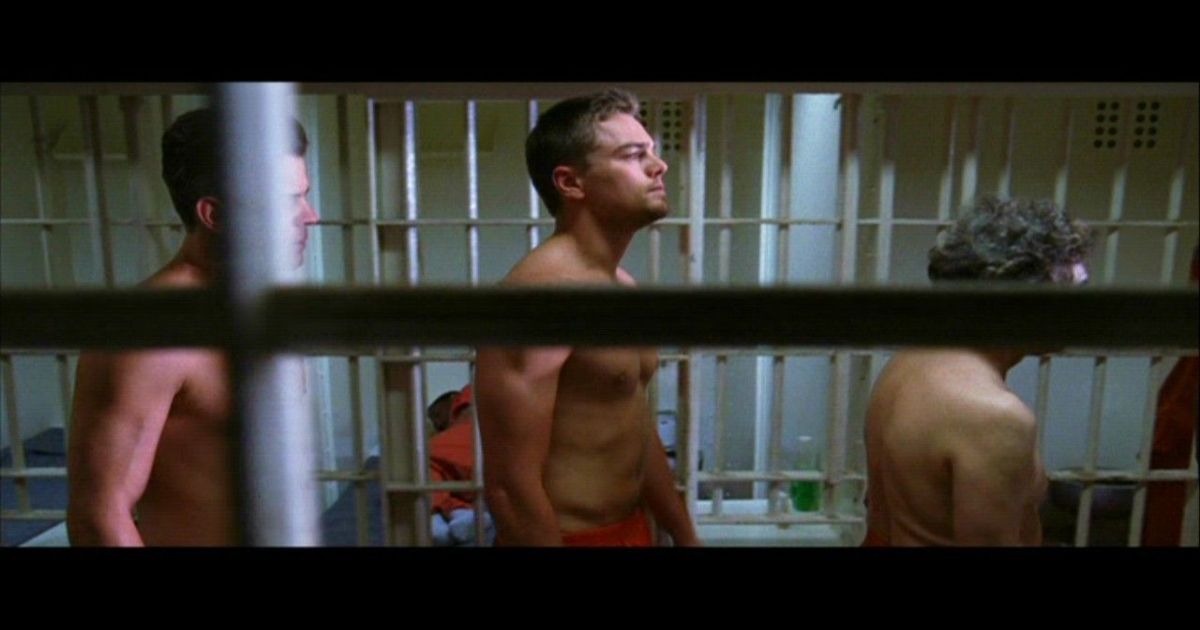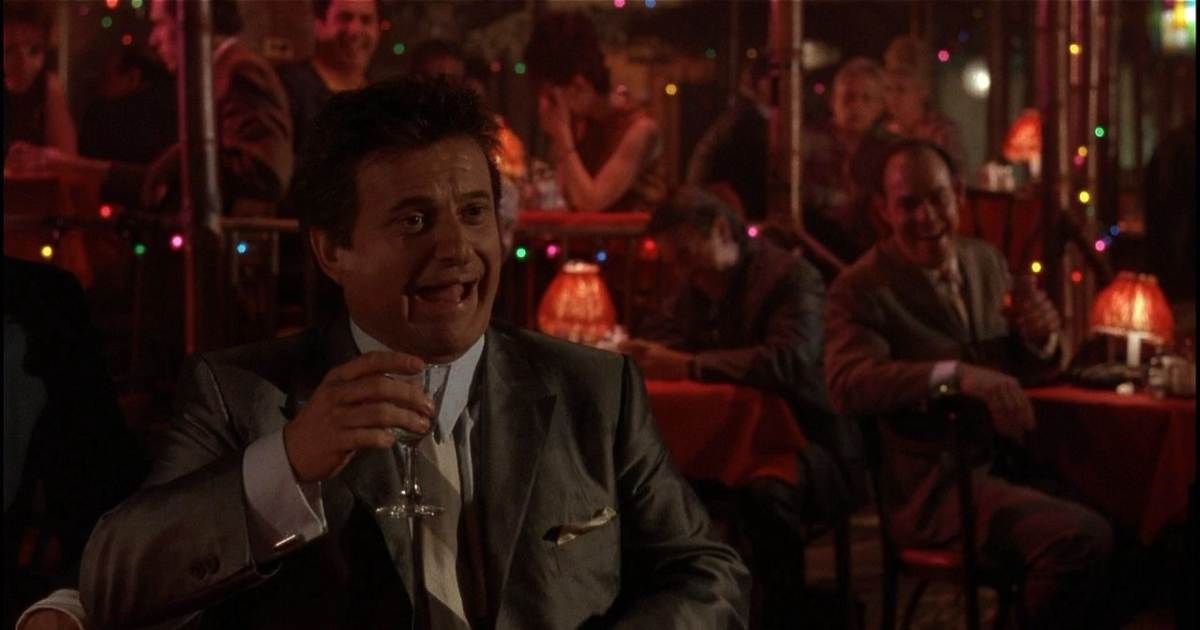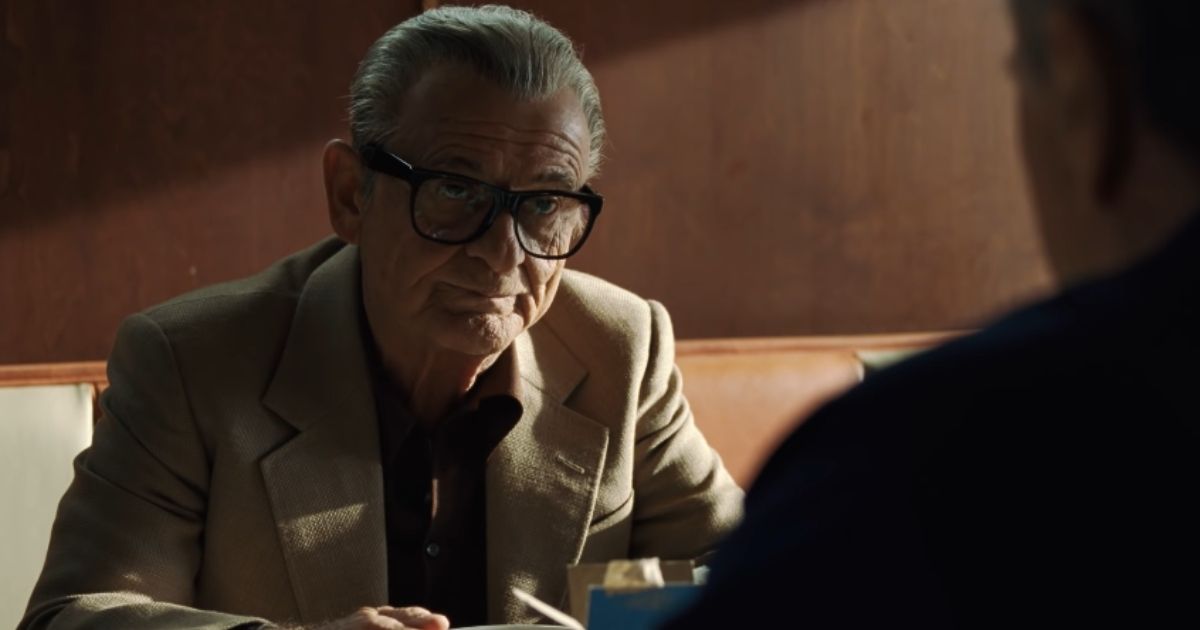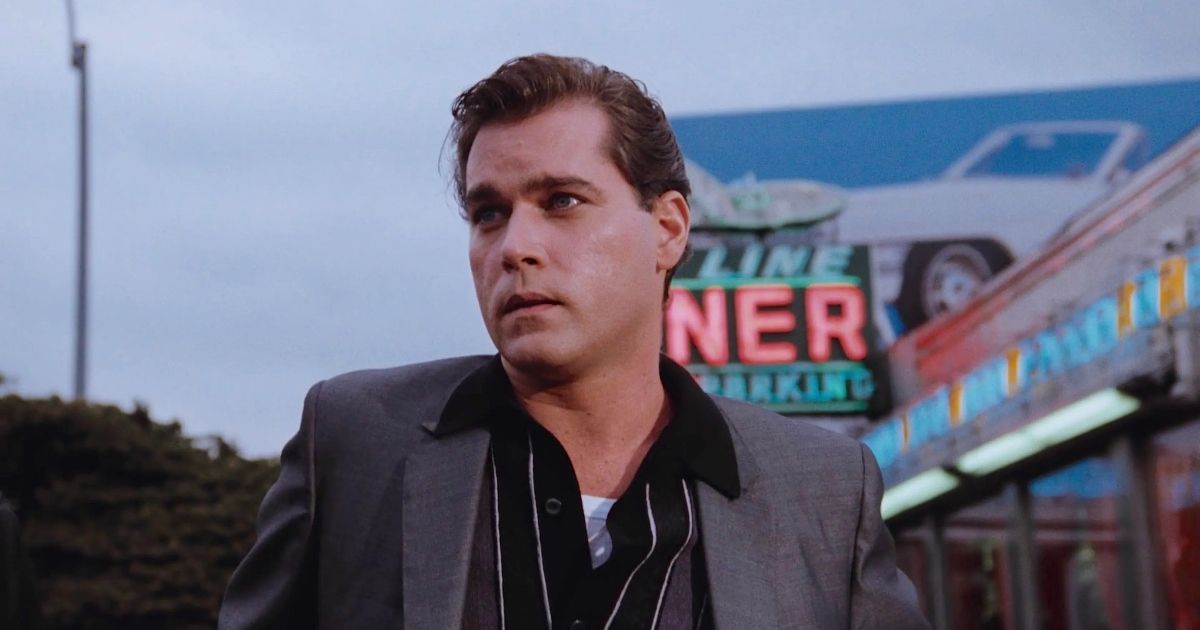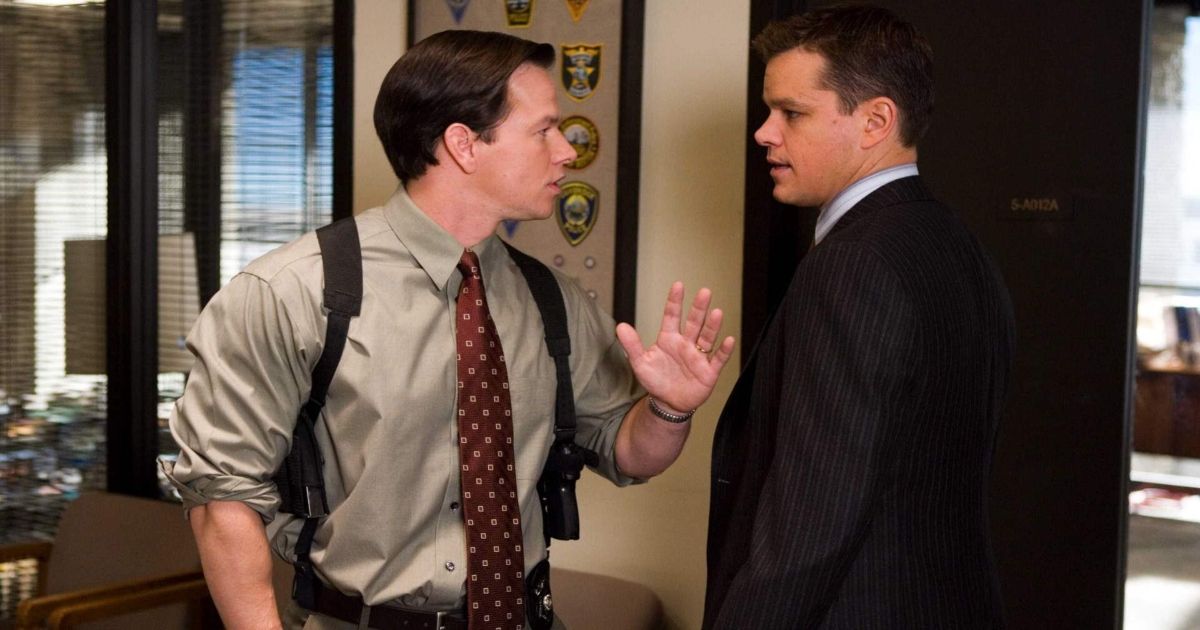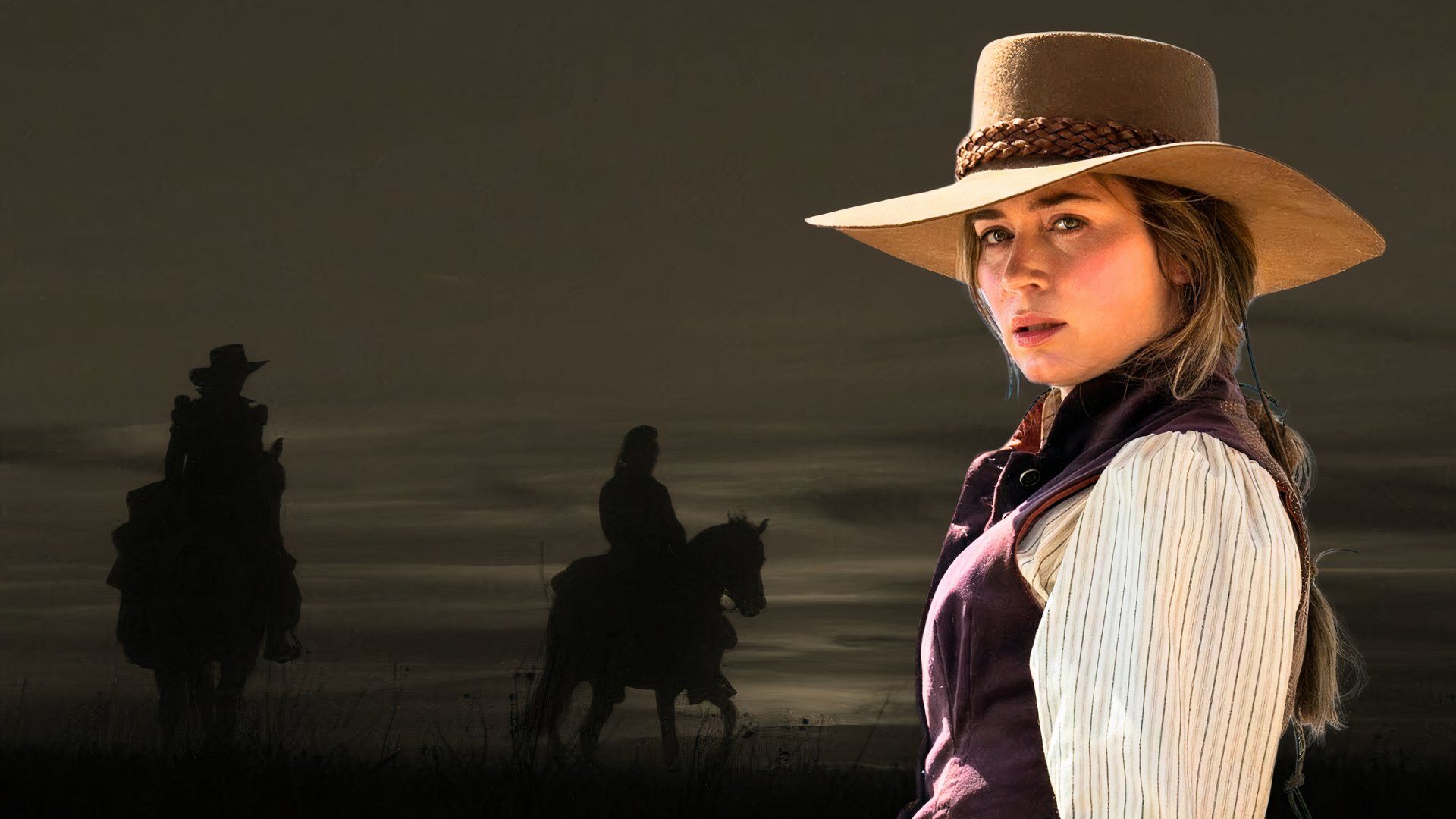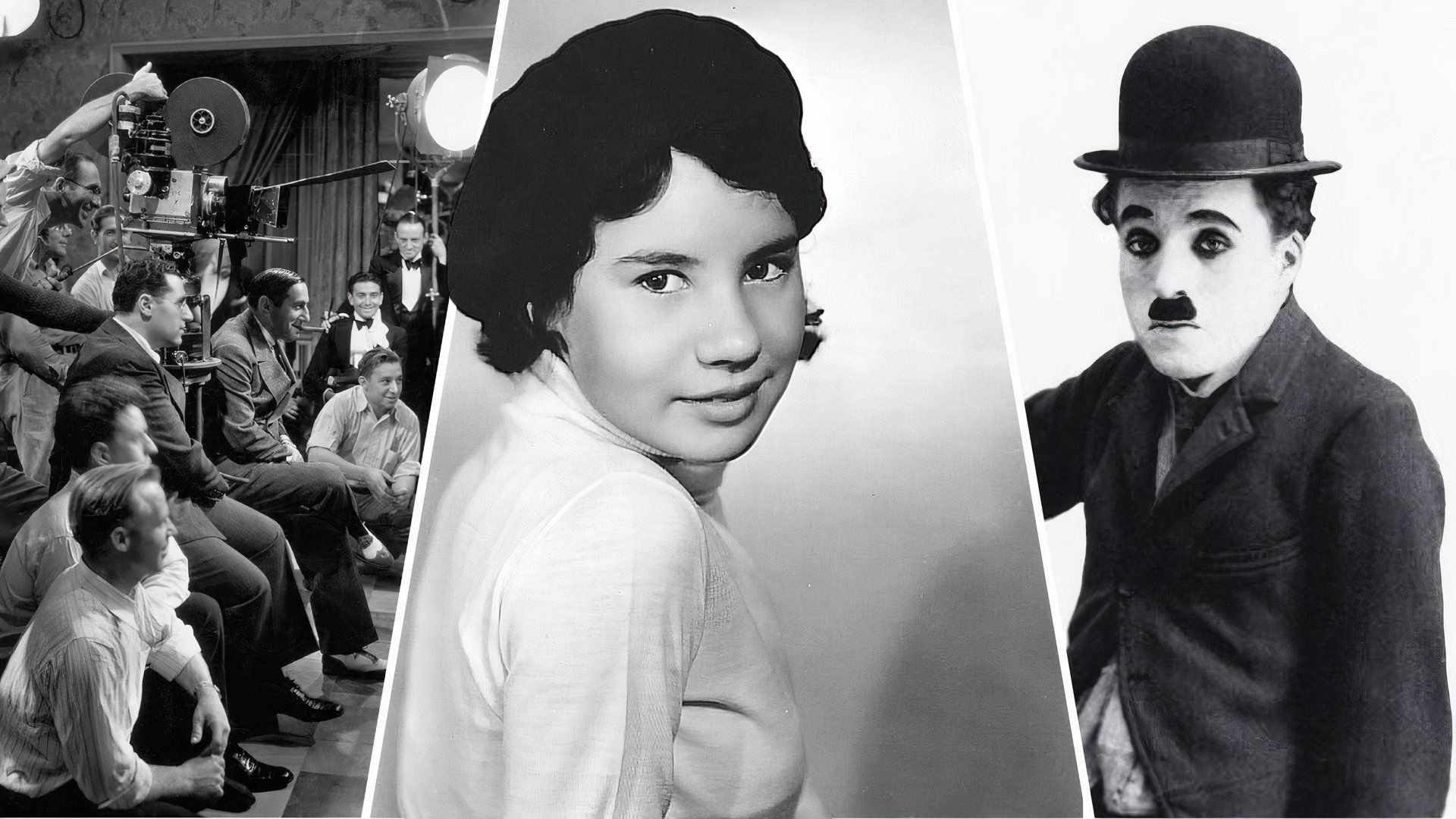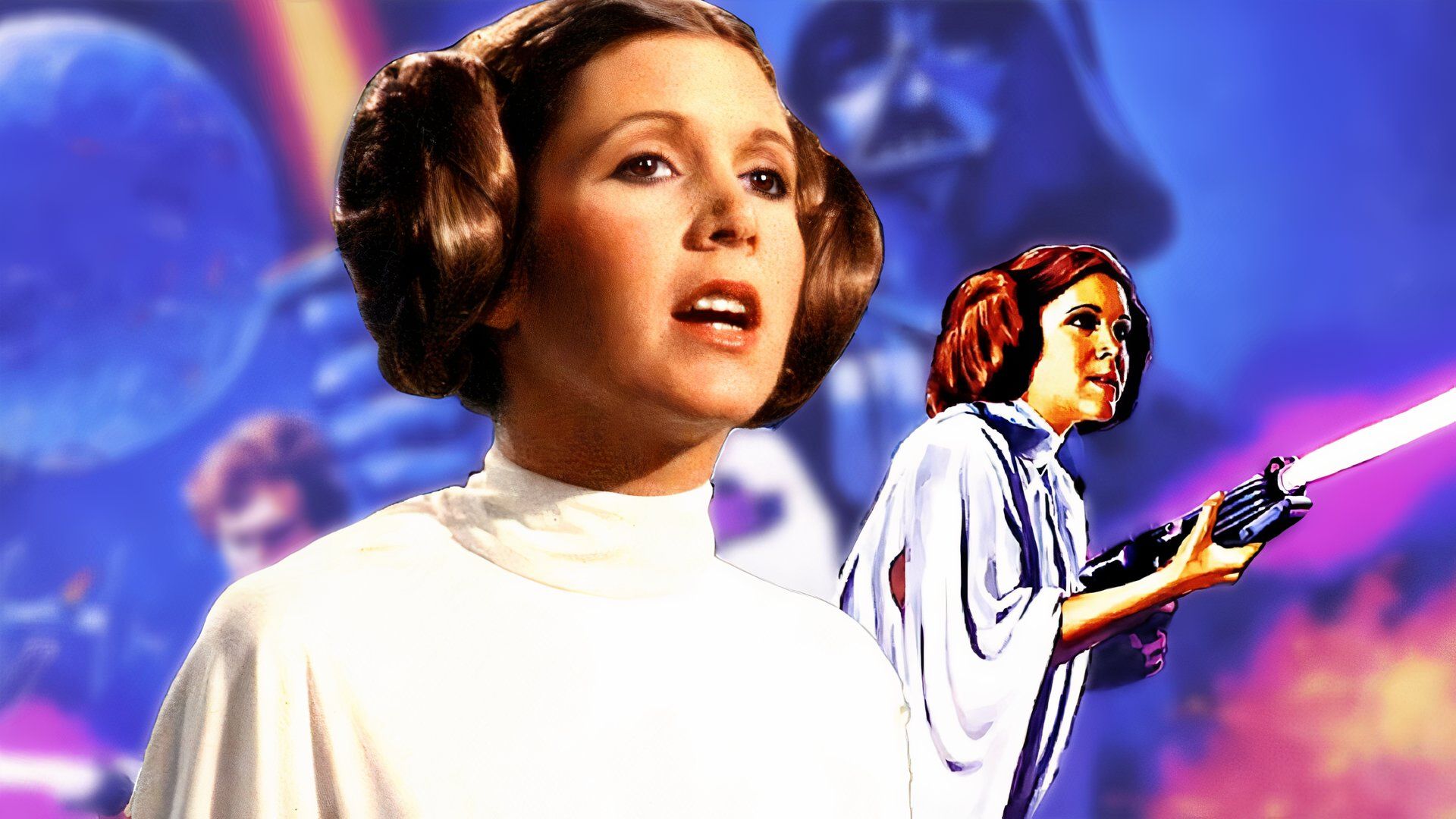After fifty years of bringing us some of the most magnetic, gripping stories ever put to screen, Martin Scorsese is still alive and well, ready to throw us into his next epic. As film novices and experts everywhere are well aware, part of what makes Scorsese such a master craftsman and storyteller alike is his uncanny ability to throw us full-throttle into any scene, no matter how mundane or dialogue-based it might seem. His films put us on edge, and we live vicariously through the many thrills and anxieties of his unforgettable protagonists.
Scorsese always makes idiosyncratic stylistic choices that complement his characters’ journeys, showing, in visually stunning ways, how they come to both grow and/or completely unravel. One component of any Scorsese feature that’s impossible to glaze over is his precise usage of music. As opposed to scores, Scorsese often utilizes a mix of classic and deep-cut tracks from myriad genres that categorically elevate his films to a superior form of entertainment. That being said, here is a list of our favorite needle drops throughout Scorsese’s filmography, ranked.
Update October 28, 2023: In honor of the release of The Killers of the Flower Moon, this article has been updated with even more great needle drops from across Scorsese’s career.
12 “Pretty Thing” – The Wolf of Wall Street
The Wolf of Wall Street is the tale of some shameful people doing anything and everything imaginable to get rich and have the best time of their lives. That includes sex, drugs (many, many, many drugs), and rock and roll. So it makes perfect sense that “Pretty Thing” performed by Bo Diddley is used in the film, and in one of the moments when Jordan Belfort (Leonardo DiCaprio) and his employees are on top of the world, at Belfort’s wedding with Naomi (Margot Robbie).
This is the song that proves the lead character and his posse are as shameful on the dance floor as in any other part of their lives and proves DiCaprio has some moves, as his dance style here is as nimble and ridiculous as they come.
Stream on Paramount+
11 “T.B. Sheets” – Bringing Out the Dead
As one of the director’s darkest (literally), most lurid films, Bringing Out the Dead is an underrated masterwork from both Scorsese and leading man Nicolas Cage. Cage plays Frank, a depressed paramedic careening through Hell’s Kitchen at night in a daze. The soundtrack for the film might feel oddly discombobulating at times, as it’s not necessarily moody or morose, but instead battered, raging blues tunes.
Van Morrison’s single “T.B. Sheets” is a perfect way to start off this unpredictable film, with its soulful harmonica and Morrison’s spoken-word style vocals. Below the surface of the song, there’s definitely a palpable undercurrent of uneasiness, one that propels Bringing Out the Dead forward with full force.
Stream on Amazon Prime Video
10 “Do Right Woman, Do Right Man” – Cape Fear
Cape Fear is one of the scariest, creepiest films Scorsese has ever done. This is a story of revenge as Max Cady (De Niro at his most flashy and beefiest) leaves jail after 14 years and decides to make hell the life of the lawyer who defended him, Sam Bowden (Nick Nolte), including trying to seduce Bowden’s 15-year-old daughter, Danielle (Juliette Lewis). The less we talk about the thumb-sucking scene the better, but there’s also a long phone call between them.
While Max is trying to seduce Daniel, Aretha Franklin’s cover of “Do Right Woman, Do Right Man” is playing, creating a sense of irony, as in the message of Franklin’s song is being perverted by Max, as much as Daniel, as it’s obvious the character doesn’t want to be a “do-right-all-night-man” and doesn’t believe at all about the teenager that “She’s not just a plaything”
Stream on Starz
9 “Please Mr. Postman” – Mean Streets
One of the most memorable and undeniably amusing scenes from Mean Streets is when a brawl breaks out in the pool hall after someone is called a “mook.” The fight itself is almost as baffling as the word “mook” – that’s perhaps what makes it one of the most realistic bar fights ever. It becomes abundantly clear that no one in the room really knows how to fight, instead pathetically flailing themselves around while trying to watch their backs.
“Please Mr. Postman” adds a masterful level of irony on top of the whole scene, and also marks one of the first instances in film in which upbeat pop songs could serve as tracks for scenes of utter violence and chaos.
Stream on Realeyz or rent on Prime TV
8 “(I Can’t Get No) Satisfaction” – Casino
Scorsese might be known for prolific usage of Stones’ tracks throughout his films, but in Casino it’s the Devo cover of the iconic song that makes the cut. What makes the usage of the song so perfect, in this instance, is its total subversion of expectations; as opposed to the Stones’ classic rock tune, Devo’s cover is far more deconstructed and experimental, which masterfully complements the jarring nature of the shootout scene it plays over.
The gunfire blaring alongside Mark Mothersbaugh singing “Baby” over and over again is a brilliant satirical way of capturing the jittery, frenetic nature of Ace Rothstein’s predicament, and the song, overall, is a unique yet winking departure from Scorsese’s usual picks.
Stream on Paramount+
7 “Steppin’ Out” – Mean Streets
One of the most unpredictable, grittiest endings to a movie ever seen, the final moments of Mean Streets wouldn’t be complete without Cream’s bulldozing deep cut. The song was originally recorded as a blues piano track in 1959, but Eric Clapton and his blues group the Bluesbreakers re-recorded it in 1966 at a much faster tempo.
Cream made it a striking part of their live shows shortly thereafter. The particular version of the song used in the film can be found on the 1972 Live Cream Vol. II box set – its raucous buildup, both in the film and in Cream’s many live performances, is enough to push any viewer into full overdrive.
Stream on Realeyz or rent on Prime TV
6 “Werewolves of London” – The Color of Money
Tom Cruise is someone who does everything with 100% intensity and non-ironically, so he also gives his all at dancing and lip-synching along to Warren Daron’s “Werewolves in London” while proving how badass of a pool player he is. Cruise wanted to work with both Scorsese and Paul Newman, and The Color of Money, a sequel to The Hustler proved the perfect way to do it.
His Vincent starts as naive and becomes a pool shark after everything he learns from Eddie Felson. Newman finally won an Oscar for his performance, but it was Cruise’s commitment to the bit, especially to the choreography of this song, that made him a perfect yang to Newman’s yin.
Rent on Apple TV
5 “I’m Shipping Up to Boston” – The Departed
Nothing captures the spirit of The Departed as much as the unbridled Irish grime of the Dropkick Murphys. Twenty minutes into the film, this song blares in the background as we are finally introduced to the parallel storylines of Billy Costigan and Colin Sullivan, played respectively by Leonardo DiCaprio and Matt Damon.
The song captures the many sides that exist at the heart of The Departed – that of it an interpersonal mob drama, mixed with the stylistic brashness of any Scorsese movie. It’s also hard to find any song that would have immersed us so fully and intensely into the Celtic working-class roots of Boston.
Rent on Apple TV
4 “Layla” – Goodfellas
Goodfellas is full of great needle drops (some of them might even be higher on this list), but Derek and the Dominos’ “Layla” is the moment when bodies start appearing everywhere, using the beautiful piano exit to show the consequences of the mob business, as the bodies of those involved in the Lufthansa robbery, keep appearing dead.
The song is all about unrequited love, so it’s interesting that Scorsese used here, after all the dead bodies, Henry Hill (Ray Liotta) tells us about what it means for Jimmy (James Conway) and that Tommy (Joe Pesci) is being made part of the family. Something that, in the end, will end in tragedy and leave the love Tommy wanted in the mob family as his unrequited love and the beginning of the end for everyone involved.
Rent on Apple TV
3 “Sleep Walk” – The Irishman
Scorsese’s latest, some might say, vastly underrated film The Irishman stands out within his filmography for many reasons, one being that music is used rather sparingly. However, this just means that, when it is used, it truly makes viewers’ skin crawl. Santo and Johnny’s eerie hit “Sleep Walk” is utilized in two big moments throughout the film, offsetting their dreariness with an almost dreamlike quality.
When it comes to assassination scenes, Scorsese easily could have picked something a lot more dramatic or high-strung, but this creepy, melodious tune allows us to pin our attention to the action. The song’s lilting nature also works perfectly alongside the slow-motion cinematography used in these scenes.
Stream on Netflix
2 “Jump Into the Fire” – Goodfellas
Harry Nilsson’s magnificent deep cut is just the cherry on top to this insanely great bust scene. Henry Hill, in the final throes of coke-fueled paranoia, is being followed by a helicopter and knows it’s all coming down to the final wire, but meanwhile still attempts going about his usual business – making dinner, transporting guns, etc.
Nilsson’s droning, propulsive track seems to stretch just as thin as Hill’s anxiety, occasionally picking up in violent thrashes during the most intense moments. It’s one of the best uses of a classic rock sing outside of Scorsese’s usual favorites, one that definitely makes the ending to Goodfellas all the more riveting.
Rent on Apple TV
1 “Gimme Shelter” – The Departed
It’s no easy task choosing which “Gimme Shelter” needle drop reigns supreme in the Scorsese universe, as he has generously dropped the song throughout three separate films (The Departed, Goodfellas, and Casino). However, what separates its Departed iteration is just how powerful this song makes the opening scene of the film, effortlessly establishing and foreshadowing the complex system of relationships that is to come. In this irreverent opening scene, we are introduced to young Colin, aka Damon’s character, through the lens of Frank, and really Boston at large. Colin is small, soft-spoken, yet noticeably smart – his (Frank’s) face is shrouded in darkness for most of the song; we slowly see Frank beginning to take Colin under his wing.
The song brilliantly captures Colin’s own desire for “shelter,” and what this might mean as his character grows throughout the film. The song also serves as an iconic backdrop for Jack Nicholson’s commanding voiceover, complete with legendary lines like “I don’t want to be a product of my environment. I want my environment to be a product of me.”
Rent on Apple TV
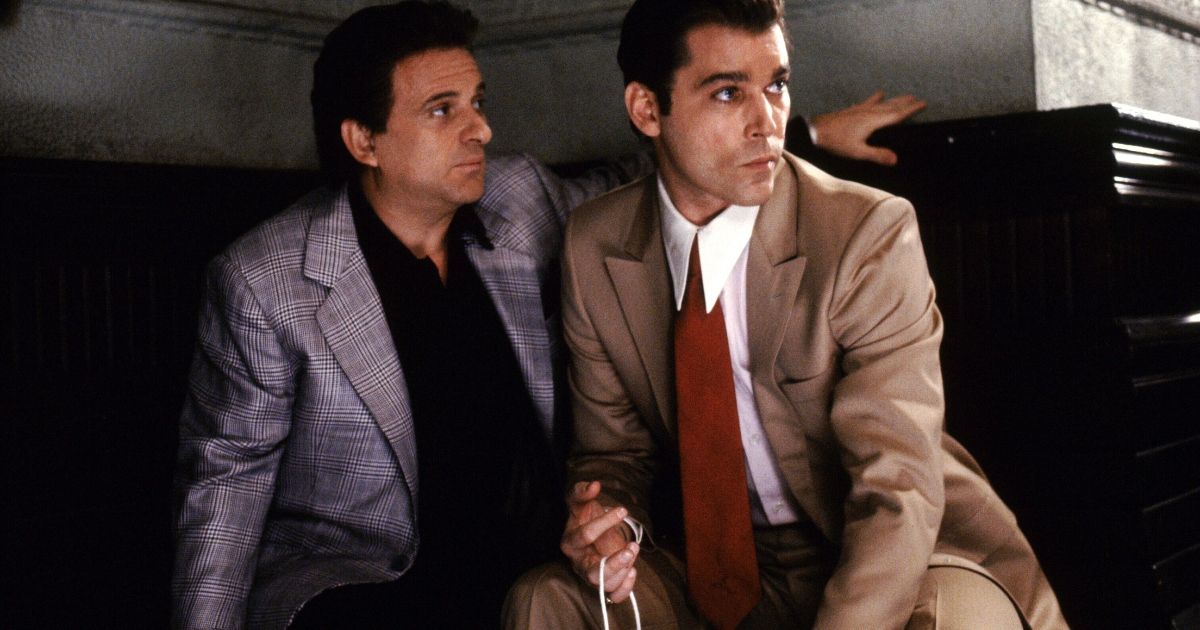
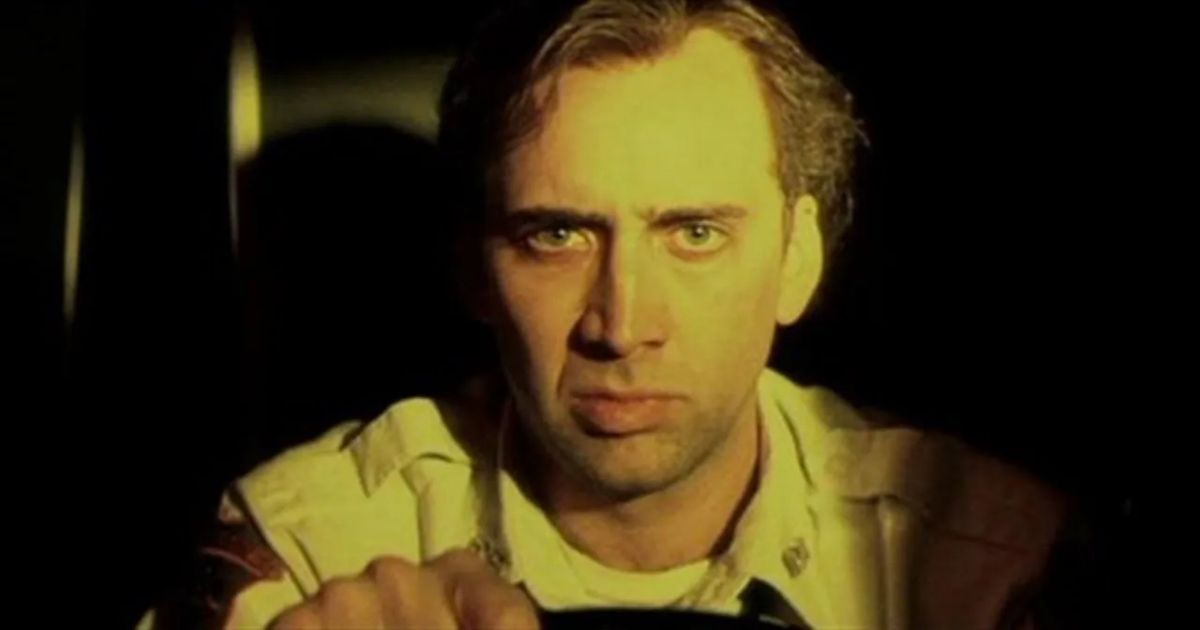
-Scorsese.jpg)
.jpg)
